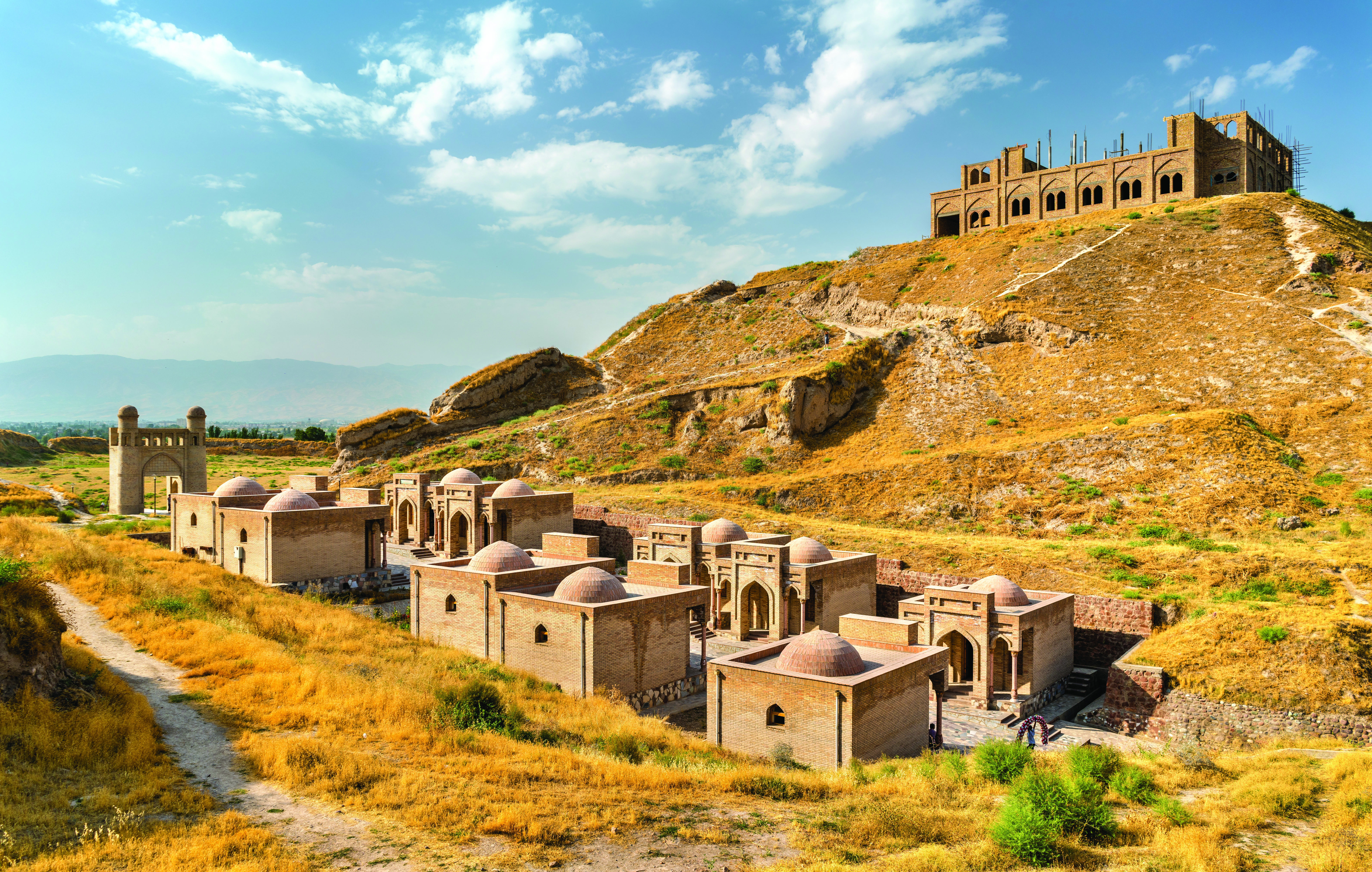Tell us about the project
In January, CIPFA began work as the lead partner on a large and interesting project to overhaul government external audit processes in the former Soviet state of Tajikistan.
The programme is financed by the World Bank and the money comes from the second tranche of the Public Finance Management Modernisation Project, a PFM reform scheme that the bank is backing in Tajikistan.
There is a team of about 10 international and Tajik experts working on the project. Their focus is improving organisational development and capacity in the country’s Chamber of Accounts, which is Tajikistan’s supreme audit institution.
Tajikistan wants to move from its Soviet-style control process to become a more modern body that applies the International Standards of Supreme Audit Institutions. So we’re helping it to develop the required standards and guidelines, and supporting the adaptation of legislation in line with this. It has some standards in place already, while others need to be established. We’ll then support it to develop the capacity of the audit staff within the institution, so they can apply the standards in day-to-day work.
What needs to change?
The old system was very much about inspection and control. Auditors would go in looking for errors and punish the perpetrators, rather than trying to improve performance over time. It was very compliance-focused, identifying wrongdoing instead of helping the organisation to operate as effectively as possible.
What’s happened so far?
We’ve carried out an ‘as is’ assessment of what is happening on the ground. We’ve also looked at the legislation that Tajikistan has in place and advised on where things need to be adjusted in order to be in line with the ISSAIs.
We’re also undertaking a wholesale restructure of the Chamber of Accounts. We’ve assessed how it is currently structured, how it should ideally be structured, the departments they need and the staffing levels, and how much it is going to cost. In addition, we’ve developed a five-year business plan.
Currently, we’re waiting for the government to approve the strategy, so that we can move to the next stage of the project.
What is Tajikistan like?
It’s a deeply interesting country. Tajikistan was ruled by the Soviet Union for a very long time, but the culture is more Persian as it borders Afghanistan.
Achieving political reform in Tajikistan is challenging, but there is recognition that change is needed. The Tajikistan Ministry of Finance developed this project, and there is acknowledgement that international audit standards need to be met and that there are very good reasons for them.
Having said that, there is some resistance to change, which is often the case when you are dealing with systems that have been in place for many years, especially when they require cultural change. However, we have a very good team leader in place. The first six months of the project were very challenging, but, with lots of discussion and many iterations of documents, we’ve made excellent progress.








